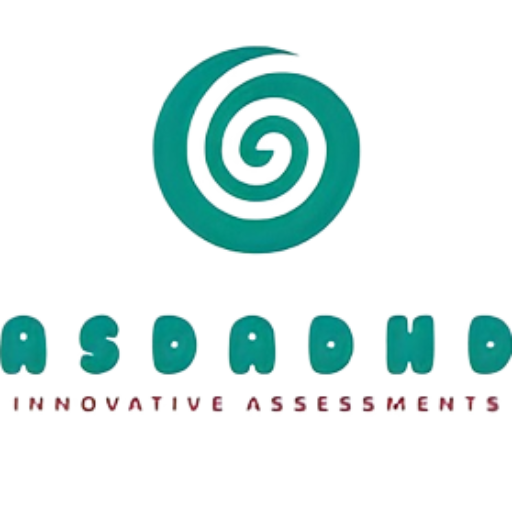1 Oct, 2023 | anishdr | No Comments
What Are the Treatments for ADHD?
Managing ADHD: A Comprehensive Guide to Treatment Options
Living with Attention Deficit Hyperactivity Disorder (ADHD) can pose challenges in academic, professional, and personal settings. However, the good news is that a range of effective treatment strategies exists to help individuals manage their symptoms and thrive.
According to the most recent guidelines from the American Academy of Pediatrics (AAP), a combination of behavior therapy and medication is advised for children aged 6 and above. For children younger than 6, behavior therapy alone is the recommended first step, primarily because medications may have more pronounced side effects on younger children.
Adults, too, often find that medication plays a significant role in their ADHD management plan, says the Mayo Clinic. Alongside medication, skill-building exercises and counseling sessions can further assist adults in managing ADHD symptoms.
An Overview of Medication Choices for ADHD
Medications are often the cornerstone of ADHD treatment plans, and these can either be stimulant or nonstimulant types. Various studies have confirmed that medications are generally more effective than a placebo in symptom management, although long-term studies on side effects are limited.
The primary class of ADHD medications is stimulants, which come in both immediate and extended-release forms. Common side effects may include stomach issues, appetite loss, weight loss, and sleep disturbances. Some examples are:
- Adderall (Amphetamine)
- Concerta (Methylphenidate)
- Daytrana (Methylphenidate patch)
- Dexedrine or Dextrostat (Dextroamphetamine)
- Focalin (Dexmethylphenidate)
- Ritalin (Methylphenidate)
- Vyvanse (Lisdexamfetamine)
Non-stimulant medications offer another option, sometimes used alongside stimulants or as an alternative. Atomoxetine (Strattera) was the first such drug to get FDA approval. Other nonstimulants include Guanfacine (Intuniv), Clonidine (Kapvay), and Viloxazine (Qelbree).
Lastly, although not officially approved for treating ADHD, certain antidepressants are occasionally prescribed. Examples include Nortriptyline (Pamelor), Desipramine (Norpramin), Imipramine (Tofranil), and Bupropion (Wellbutrin).
Behavioral and Psychological Interventions
Various types of counseling can provide additional support in managing ADHD symptoms. Techniques learned in behavior therapy, psychotherapy, family therapy, and social skills training can all contribute to a better quality of life.
Lifestyle Modifications for Managing ADHD
Both children and adults can benefit from making specific lifestyle adjustments to better cope with ADHD symptoms. For instance, maintaining a structured routine, engaging in regular physical activity, and organizing living spaces can make significant improvements.
Complementary Approaches to Treatment
Alternative therapies and dietary modifications are under ongoing research for their potential benefits in treating ADHD. For example, some studies show modest improvements with omega-3 fatty acid supplements, while practices like yoga or mindfulness may offer cognitive and emotional benefits.
Emerging Therapies and Digital Solutions
While still under study, neurofeedback and game-based therapeutic devices, such as EndeavorRx, hold promise as future treatment avenues. These approaches are generally intended to supplement established treatment plans rather than replace them.
In conclusion, a combination of medications, behavioral therapies, lifestyle changes, and possibly complementary therapies can often provide a comprehensive and effective treatment strategy for managing ADHD. However, it’s crucial to consult healthcare providers for personalized treatment plans tailored to individual needs.

Write Reviews
Leave a Comment
No Comments & Reviews